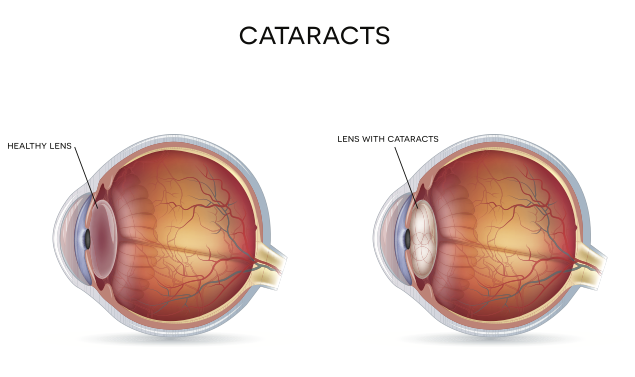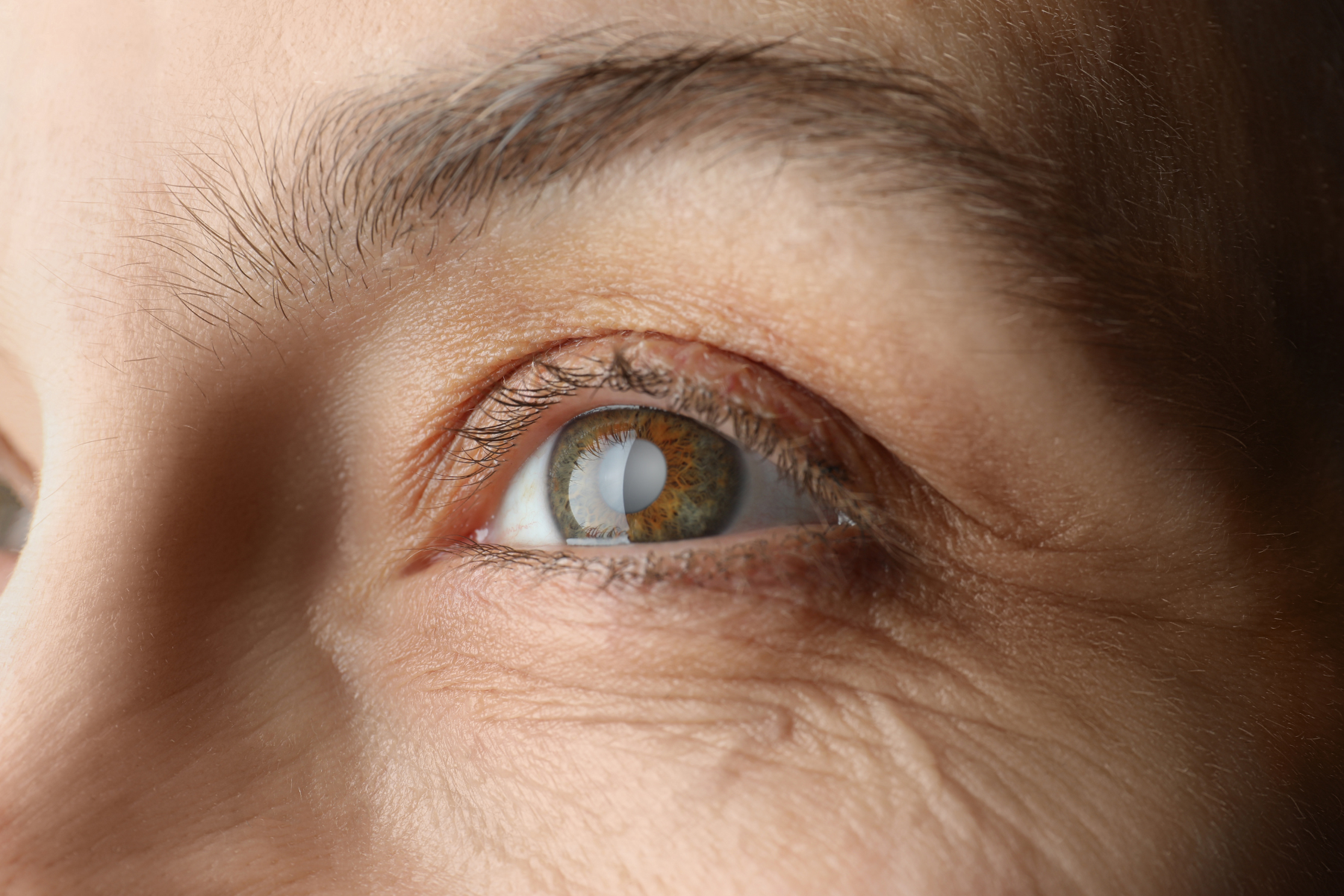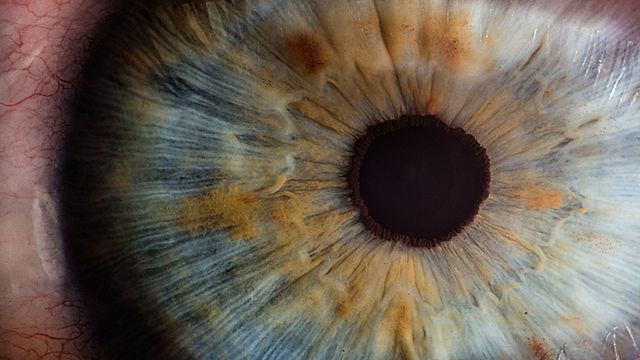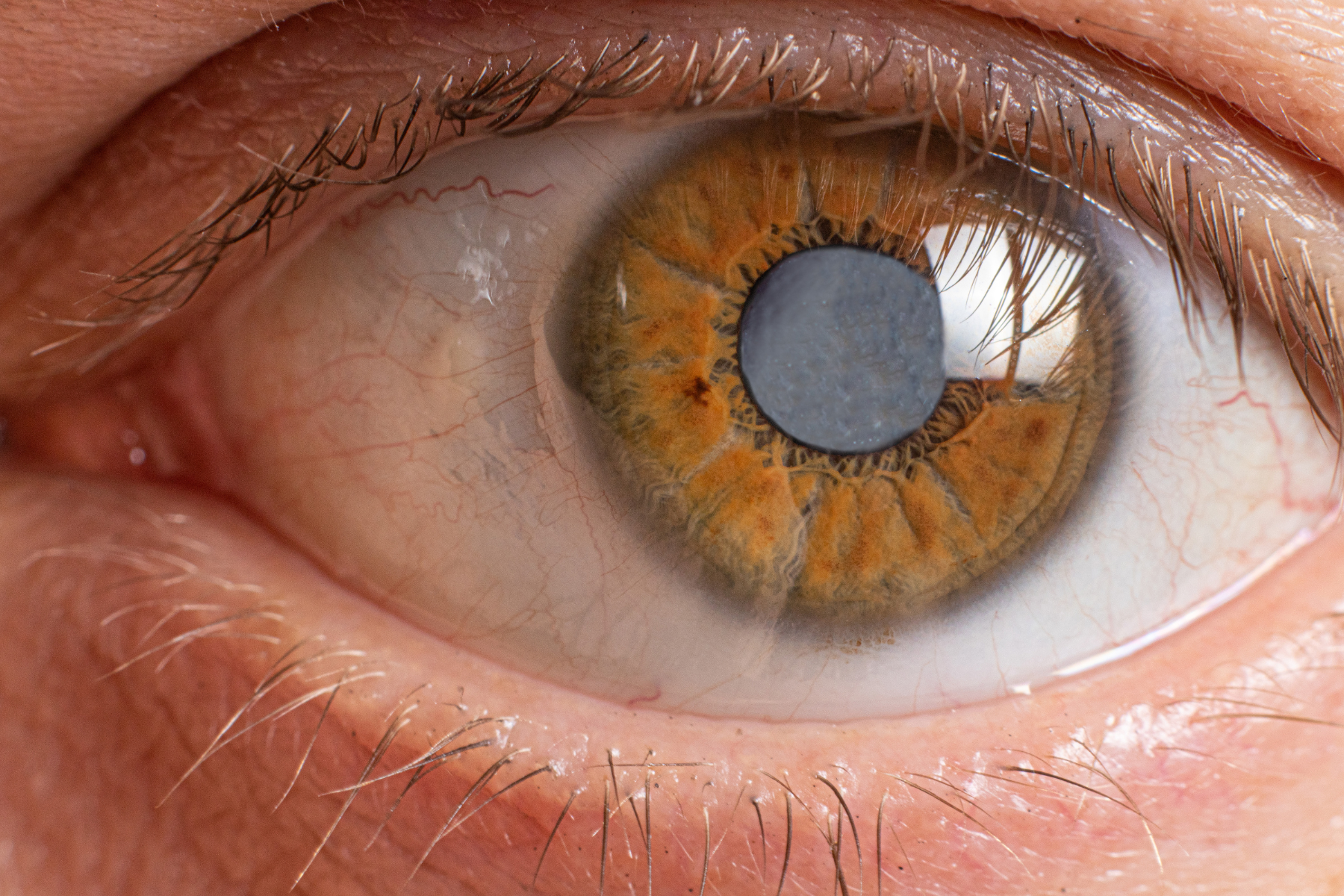 LynbrookOptical
LynbrookOpticalMenu
Cataract
Sat Dec 30 2023Cataracts: Understanding, Preventing, and Treating the Common Age-Related Eye Condition
CATARACTS are a prevalent ocular disorder that impacts a significant number of individuals as they grow older[1]. In this article, we'll take a closer look at what cataracts are, what causes them, and how they are diagnosed and treated. We'll also discuss how you can reduce your risk of developing cataracts and maintain healthy vision.
What is Cataract?
A cataract is the clouding of the lens in the eye, positioned behind the iris and pupil[2]. The lens plays an important role in focusing light onto the retina at the back of the eye, where images are processed and sent to the brain[3]. When the lens becomes cloudy, it can interfere with vision and cause a range of symptoms.
Cataracts are a normal part of the aging process and typically develop slowly over many years[4]. They can also occur in younger people due to a variety of factors, including genetics, health conditions, and trauma to the eye.

Causes of Cataracts
Age-related cataracts are the most common type of cataract and occur due to natural changes in the lens over time. The proteins in the lens may clump together and become opaque, leading to clouding and decreased vision. Other types of cataracts include congenital cataracts, which are present at birth, and secondary cataracts, which can develop as a result of health conditions or medication, such as diabetes or topical steroids.
Traumatic cataracts can also occur as a result of injury to the eye. For example, a blow to the eye or exposure to intense heat or radiation can cause damage to the lens and lead to cataract formation.
Symptoms of Cataracts
The symptoms of cataracts can vary depending on the type and severity of the cataract. Some common symptoms include:
- Blurred or cloudy vision
- Sensitivity to light
- Difficulty seeing at night
- Seeing halos around lights
- Double vision
In the early stages of cataract development, symptoms may be mild and may not require treatment. However, as the cataract progresses, it can cause more significant vision problems that can impact daily activities, such as driving or reading.
Diagnosis of Cataracts
If you are experiencing symptoms of cataracts, it's important to schedule an eye test with an ophthalmologist or optometrist. During the exam, your eye doctor will perform a variety of tests to evaluate your vision and the health of your eyes. These tests may include a visual acuity test, a slit-lamp examination, and a dilated eye exam.
If a cataract is diagnosed, your eye doctor will discuss treatment options with you based on the severity of the cataract and how it is affecting your vision.
Are Cataracts Serious?
While cataracts are a common condition, they can have a significant impact on vision and daily activities. In the early stages, symptoms may be mild and may not require treatment. However, as the cataract progresses, it can cause more significant vision problems that can impact daily activities, such as driving or reading.
Untreated cataracts can also lead to other complications, such as glaucoma or retinal detachment. In some cases, cataracts may also be a sign of another underlying health condition, such as diabetes or high blood pressure.

What is the Best Treatment for Cataract?
In the early stages of cataract development, changes in eyeglass prescriptions and other non-surgical treatments may be effective in managing symptoms. However, as cataracts progress and begin to interfere with daily activities, surgery is often recommended.
Cataract surgery is a common and relatively safe procedure that involves removing the cloudy lens and replacing it with an artificial lens. The surgery is typically performed on an outpatient basis and requires only local anesthesia.
Intraocular lenses are commonly used in cataract surgery to replace the natural lens. These lenses can improve vision and reduce the need for eyeglasses after surgery. Other surgical techniques, such as laser-assisted cataract surgery, may also be available depending on your individual needs and preferences.
After cataract surgery, it's important to follow your doctor's instructions for postoperative care. This may include using eye drops to prevent infection and avoiding certain activities, such as heavy lifting or swimming, for a period of time.
Prevention of Cataracts
While cataracts are a normal part of aging and cannot be completely prevented, there are steps you can take to reduce the rate at which cataract develops.
Maintain a healthy lifestyle by eating a balanced diet rich in fruits, vegetables, and whole grains. These foods contain antioxidants and other nutrients that can help protect the eyes from damage caused by free radicals. Additionally, avoid smoking and excessive alcohol consumption, as these habits can increase the risk of cataract formation.
Protect your eyes from UV radiation by wearing sunglasses that block 100% of UVA and UVB rays. UV radiation can cause damage to the eyes over time and increase the risk of cataract formation.
Manage any health conditions that may increase your risk of cataracts, such as diabetes or high blood pressure. Follow your doctor's recommendations for managing these conditions and attend regular check-ups to monitor your eye health.
In addition to these lifestyle changes, regular eye exams are an important part of maintaining healthy vision and preventing eye diseases. Your eye doctor can detect early signs of cataract formation and provide guidance on how to manage the condition.
In conclusion, cataracts are a common condition that can impact vision and daily activities. While cataracts are a normal part of aging, there are steps you can take to reduce your risk of developing cataracts and maintain healthy vision. If you are experiencing symptoms of cataracts, it's important to schedule an eye exam with an eye doctor to evaluate your condition and discuss treatment options.
If you have symptoms of cataracts, make an appointment with an eye doctor to protect your vision. You can book a bulk billed eye test with our optometrist online or call us at 03 9702 9118.





